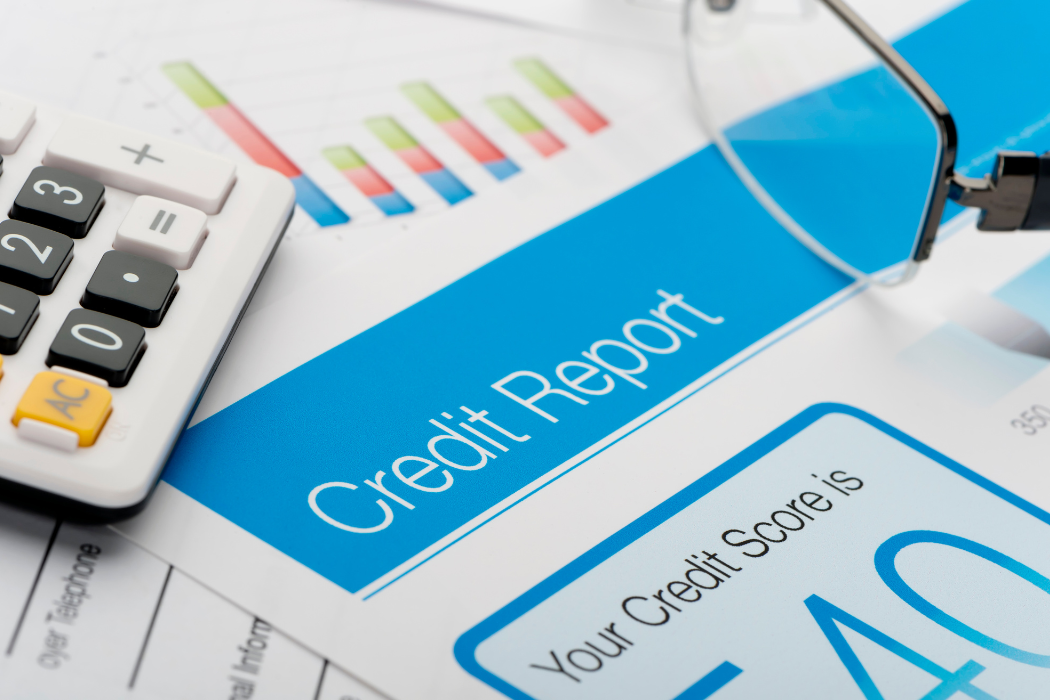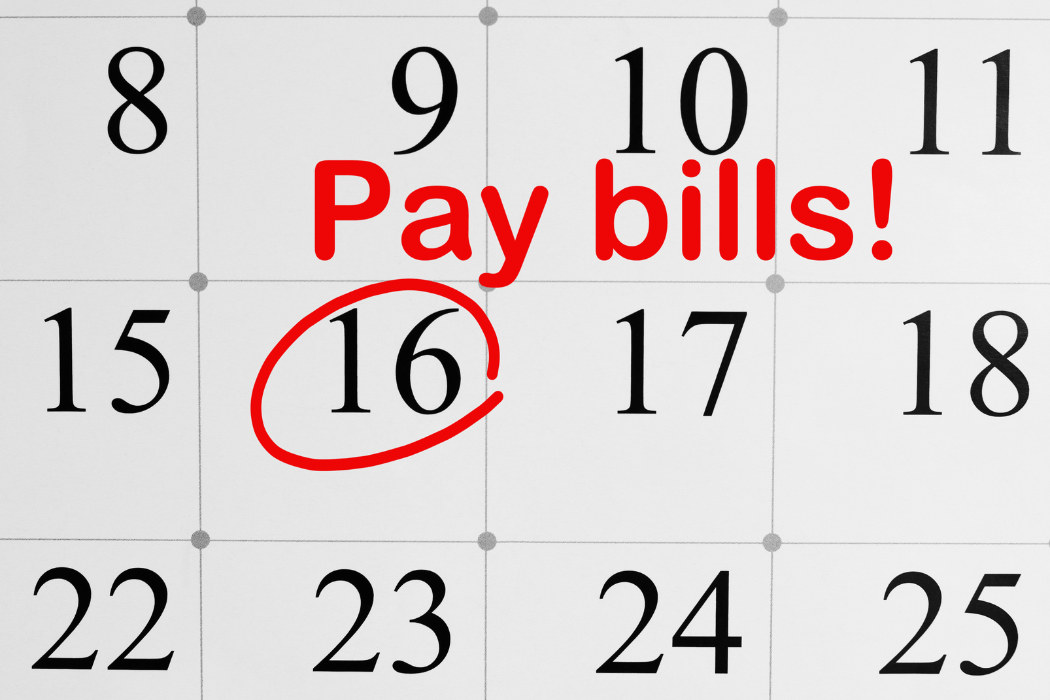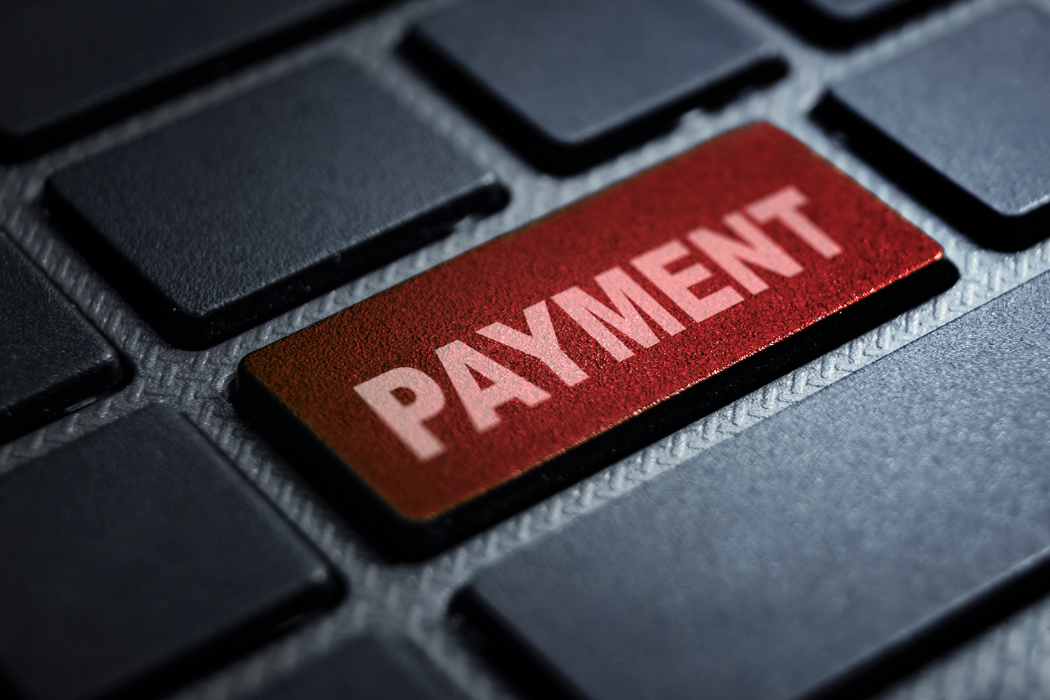1. Check your credit report

2. Pay bills on time
Paying your bills on time is crucial to maintaining a good credit score. Late payments can have a negative impact on your credit score, so it’s important to make sure that you pay your bills on time each month. Consider setting up automatic payments to ensure that you never miss a payment.

3. Keep credit utilization low
Your credit utilization is the amount of credit you use compared to your credit limit. A high credit utilization can negatively impact your credit score. To improve your credit score, aim to keep your credit utilization below 30% of your available credit.
4. Don't close old credit accounts
Closing old credit accounts can have a negative impact on your credit score. This is because the length of your credit history is an important factor that affects your credit score. Closing old accounts can shorten your credit history and lower your score. Instead of closing old accounts, consider keeping them open and using them occasionally to keep them active.

5. Diversify your credit mix
Having a diverse mix of credit can improve your credit score. This means having different types of credit, such as a mortgage, car loan, and credit cards. Having a diverse credit mix can show lenders that you can manage different types of credit responsibly.
6. Apply for credit sparingly
Each time you apply for credit, it can have a negative impact on your credit score. This is because each application results in a hard inquiry on your credit report. To improve your credit score, only apply for credit when necessary.
7. Set up automatic payments
Setting up automatic payments can help ensure that you never miss a payment. Late payments can have a negative impact on your credit score, so it’s important to make sure that you pay your bills on time each month.

8. Negotiate with creditors
If you’re struggling to make payments, consider negotiating with your creditors. They may be willing to work with you to come up with a payment plan that works for your situation. This can help prevent missed payments and potential negative impacts on your credit score.
9. Reduce your debt
Reducing your debt can improve your credit score. Aim to pay off high-interest debt first, such as credit card balances. This can help lower your credit utilization and improve your credit score over time.

10. Seek professional help
If you’re struggling to improve your credit score, consider seeking professional help. Credit counselors and financial advisors can provide guidance on improving your credit score and managing your finances.
Improving your credit score takes time and effort, but it’s worth it in the long run. By following these tips, you can take steps towards improving your credit score and achieving your financial goals.


